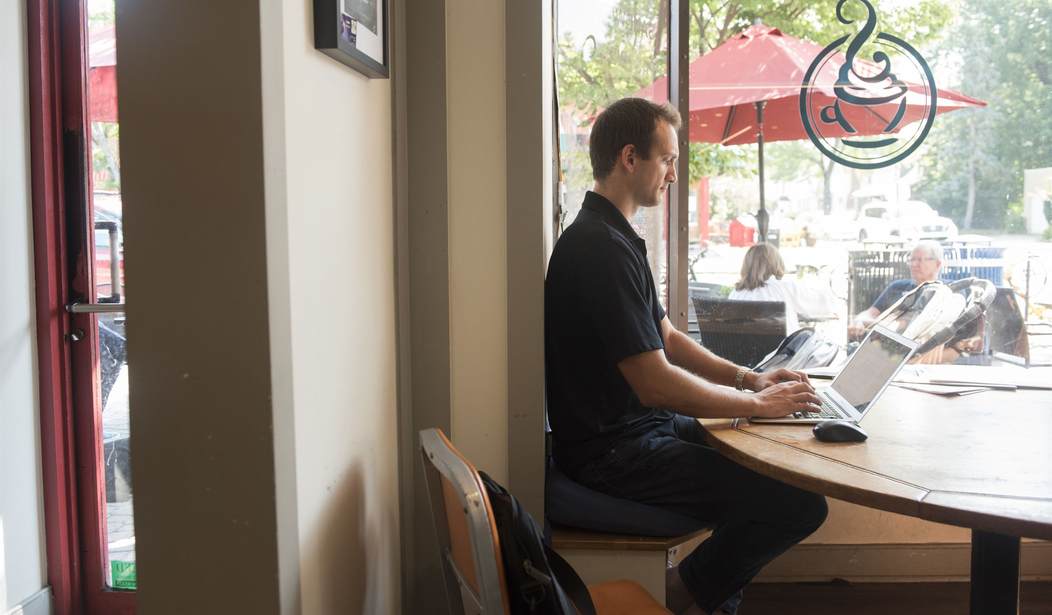By now, you have heard about the massive layoffs and restaurant closings in California after the massive hike in the minimum wage mandated by law.
After the minimum wage was mandated to increase to $20/hr in restaurants, hundreds of restaurants ceased operations, and somewhere around 10,000 workers lost their jobs.
But state laws are not the only threat to small businesses; a renewed union movement pushed by the radicalized SEIU and other unions is having unintended consequences.
Employees at the OCF Coffee House in Philadelphia voted to unionize.
— End Wokeness (@EndWokeness) June 16, 2024
1 week later, all 3 stores closed down.
Now they're protesting the closure: pic.twitter.com/CpLF4nPKEV
In certain jobs you can unionize, for good or ill, and in certain jobs you can't. I am pretty sure that coffee shops--at least small ones without the infrastructure that the biggest companies can draw on--are in the latter category.
What is striking (get it?) about this particular case is that the workers are apparently shocked to learn that forming a union doesn't guarantee better pay and working conditions; in this case, it guarantees that they would be out of a job.
Just as with the California minimum wage increase, economic realities will ultimately dictate what people are paid and how many jobs there are. There may be a law that determines wages, but it really isn't one set by legislatures and signed by governors.
It is an iron law of economics: businesses don't stay open if they can't make a profit that provides a return on capital investments.
We have created a generation or two of profoundly ignorant people who think that they don't have to create value in order to extract it from others.
Economies are based on exchanges in which both sides of the transaction get more value than they give. Baristas may not be exactly interchangeable, but the barrier to entry is relatively low. That means the added value of one employee vs another provides is modest, and in a low-margin business such as this, a worker's ability to extract wages is limited.
Nobody wants to pay $10 for a cup of coffee, especially in an economy in which people feel crushed by high prices already.
These people overestimated their bargaining power, and as is true often in life, when you FA you FO.
That, too, is an iron law.
The union isn't buying the explanation that businesses are motivated by money, not animus against the working man:
“OCF workers took a courageous stand against a bully boss and slumlord to say that enough is enough and they demand better working conditions," the union's statement read. "In retaliation that same bully boss chose to shutter his operations, without even the grace of advance notice to his employees or managers, believing that closing his business will solve his current problem of pesky workers being empowered enough to dare to stand up for themselves. Feibush fails to understand that there is a movement behind these workers, the entire Philadelphia labor movement and our Joint Board as part of that larger whole, and this movement has a long memory."
In the statement, the union representative argued that closing the shops could end up costing more than ownership may have bargained for.
"We will be mobilizing a broad coalition of labor and community allies to make clear to Ori Feibush that the price of union-busting in Philly will cost him more than a few cafes."
I have my doubts. If the owners thought they could make decent money--a good return on their investment--they would stay open--even if they have to deal with entitled jerks.
But activists don't think this way; it is all about their grievances. And after acting out on their previous grievances they have a new one to bitch about.








Join the conversation as a VIP Member